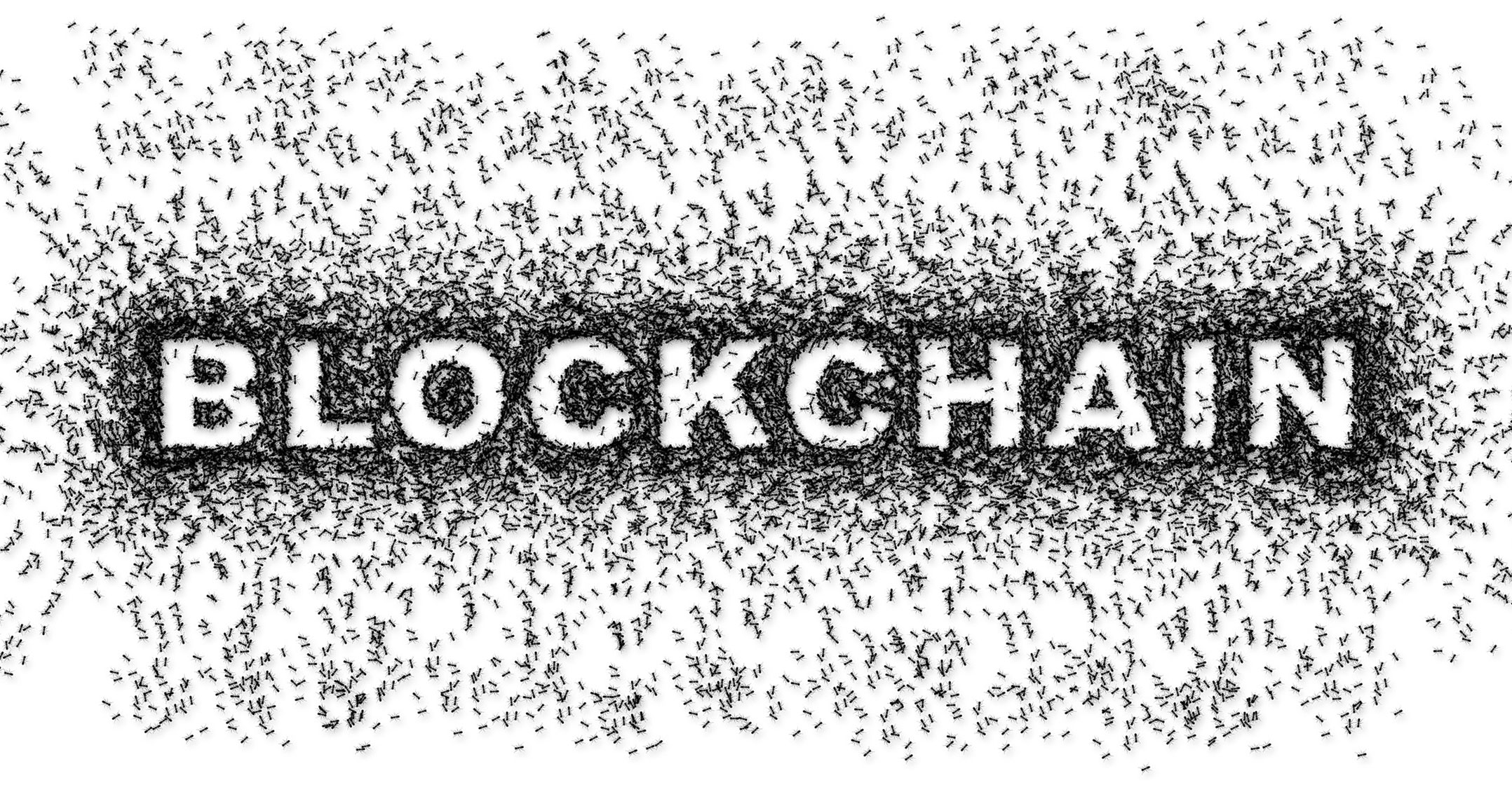
Hopes are running high for the next wave of innovation in blockchains — the decentralised computer-based distributed ledgers that are being touted as the solution for everything from routine financial transactions to alleviating world hunger.
Blockchains, probably best known for supporting sagging virtual currencies such as bitcoin, are in many ways broken, with thousands of disparate digital ledgers unable to interact with each other. That may be about to change with scores of long-brewing projects with names like Cosmos and Metronome reaching developmental milestones, and promising to start bridging the divides.
“We are very close to achieving interoperable blockchains, and this has the potential of changing the entire cryptocurrency market,” Lucas Nuzzi, a senior analyst at New York-based Digital Asset Research, said in an e-mail.
That could lead to an explosion of blockchain-based apps, and potentially boost the value of many of the most popular coins as usage increases, Nuzzi said. Blockchain interoperability could also disrupt one of the most profitable related endeavours: cryptocurrency exchanges. The top 10 crypto exchanges are on track to generate around US$1bn in fees per year.
Today, users wishing to move holdings from, say, the bitcoin to the ethereum blockchain usually go to an exchange, and convert their bitcoin into ether. Along the way, they often pay sizeable fees. Once interoperability becomes possible, some of these fees should disappear or decline. On Metronome, which is expected to become available this month, a user should eventually be able to move metronome coins from ethereum to ethereum classic, and to Rootstock or Qtum blockchains, without converting them into other coins — or incurring any exchange fees.
Another project, Cosmos would let traders swap bitcoins for ether without going to a centralised online exchange, but through an intricate system of Cosmos hubs and zones. Its so-called decentralised exchanges should be able to work as fast as existing centralised exchanges. With much of the development completed, Cosmos will launch a limited set of features in the coming months.
Still, getting to interoperability between all major digital ledgers will take time, in part because of the fractured regulatory environment around the world, said Lex Sokolin, global director of fintech strategy at Autonomous Research.
‘Merely imagined future’
“Perhaps building interoperability into the protocol at this stage is a useful solution, but until economic activity actually shifts into public crypto, it’s a battle for the merely imagined future,” Sokolin said in an e-mail. “Real economic activity cannot shift into the chains until regulation is settled.”
Other technologies that are a bit further out also aim to reduce the need for exchanges. Start-up Lightning Labs is building functionality that would allow for instant swaps between fiat and cryptocurrencies, said CEO Elizabeth Stark. The company, which is one of several developing the technology called lightning network, already demonstrated a swap between bitcoin and litecoin late last year.
“This could help with volatility,” Stark said in a phone interview. “It could help make the markets more efficient. It could get rid of arbitrage.” Another ambitious project, Polkadot, made one of its first steps toward interoperability in May.

Exchanges are already preparing for this new reality, in which they may, effectively, need to help users with different tasks or in a different way.
“We expect interoperability to have a fundamental impact on our business and we are preparing for this through extensive research into decentralized exchange capabilities on ethereum (with Ethfinex) and EOS, among others,” Kasper Rasmussen, communications director at Bitfinex, said in an e-mail. Ethfinex goes live soon, and it “will eventually act as a hybrid hub, linking different chains and facilitating an exchange of value between them”, he said.
Interoperability should also increase the number of apps using blockchains — and using the various coins. Instead of building some of his own privacy and security features, a developer may eventually be able to use a privacy-focused coin like monero for payments, instead. That could speed up development of so-called Dapps — decentralised applications ranging from games to social networks, Nuzzi said. Many of these apps could at some point emerge to pose a challenge to Internet stalwarts like Twitter and Facebook.
“Interoperability will ultimately bring more efficiency to the market,” Nuzzi said. — Reported by Olga Kharif, (c) 2018 Bloomberg LP




